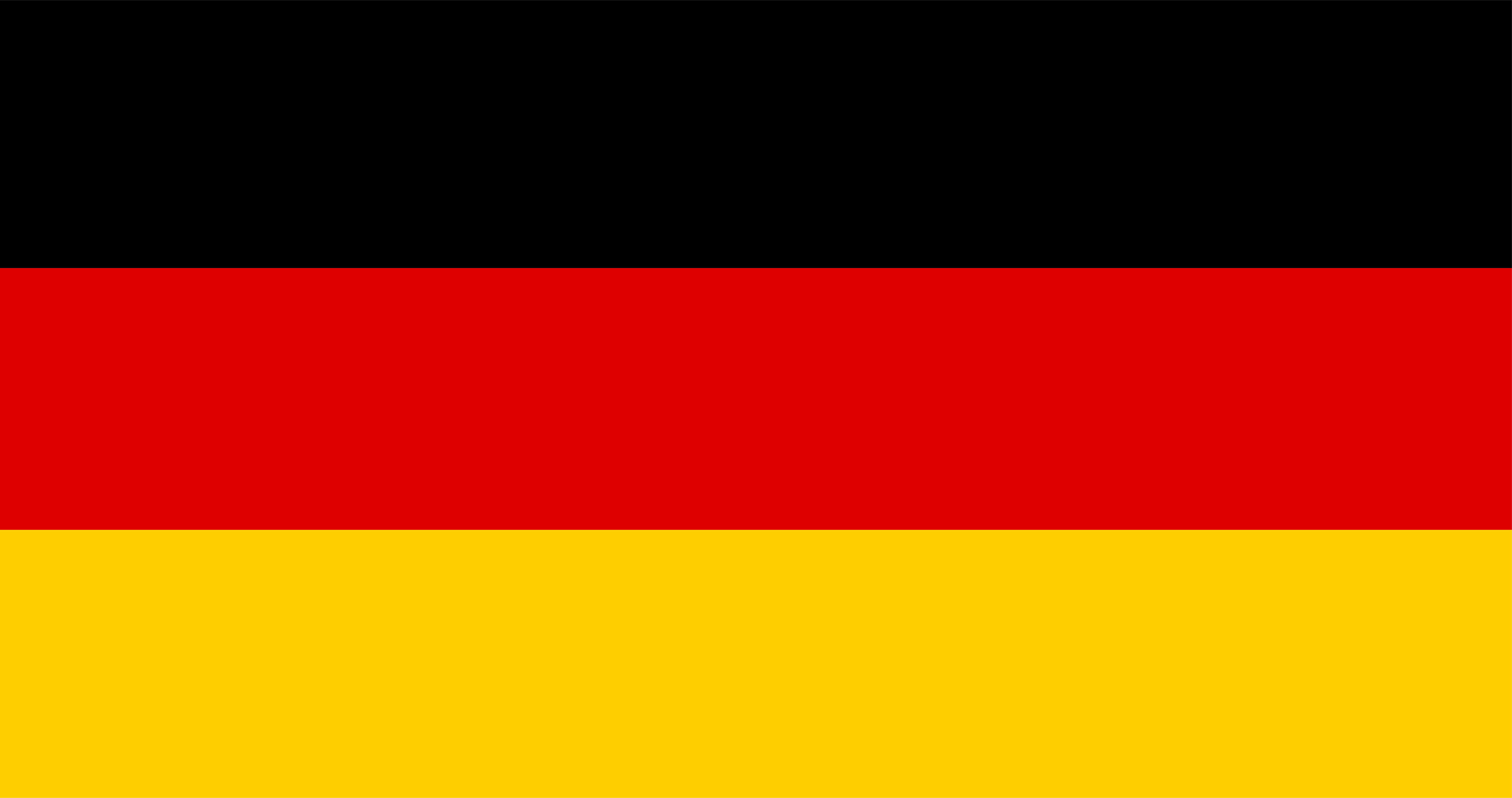The Geheimer Rat Dr. von Bassermann-Jordan winery is located in Deidesheim, in the Palatinate (Pfalz) region, and manages approximately 50 hectares of vineyards in prestigious sites such as Kirchenstück, Jesuitengarten, and Pechstein.
The winery's history is closely linked to the Bassermann-Jordan family, which has played a key role in the development of German quality viticulture for generations. Friedrich von Bassermann-Jordan (1872–1959) wrote the seminal work "Geschichte des Weinbaus" ("History of Viticulture"), which is still considered an authoritative source today.
The winery's production is primarily focused on Riesling, which accounts for about 85% of the vineyard area. Additionally, Burgundian varieties such as Weißburgunder (Pinot Blanc) and Grauburgunder (Pinot Gris) are cultivated. The wines are distinguished by their minerality, elegance, and longevity, reflecting the unique characteristics of their respective terroirs. Since 2005, the winery has followed biodynamic principles, further enhancing the quality and character of its wines. Bassermann-Jordan is a member of the VDP – Verband Deutscher Prädikatsweingüter (Association of German Prädikat Wine Estates) and produces approximately 450,000 bottles annually.
Bassermann-Jordan wines enjoy an excellent international reputation and regularly receive awards. In particular, the "Großen Gewächse" (Grand Crus) from vineyards such as Deidesheimer Hohenmorgen or Forster Ungeheuer are considered among the finest wines in German viticulture.
Beyond wine production, the winery is actively involved in cultural and social projects, contributing to the promotion of wine culture in the region. With a successful combination of tradition and innovation, Bassermann-Jordan remains a beacon of German viticulture.


















